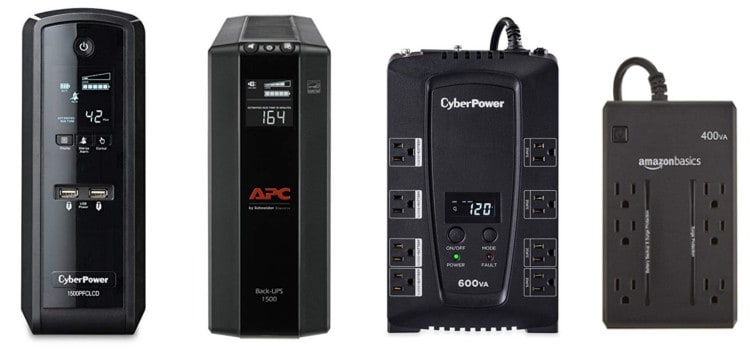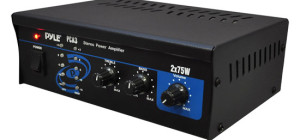As businesses continue to digitize and rely on technology for their daily operations, the need for a reliable and uninterrupted power supply has increased significantly. Power outages, blackouts, and voltage fluctuations can lead to data loss, system downtime, and work interruptions. A UPS (Uninterruptible Power Supply) power solution provides the much-needed backup power for continuous operations and system protection. However, not all UPS power solutions are the same, and the features and specifications vary significantly between different models and manufacturers. In this article, we explore the top features businesses should consider when selecting a UPS power solution to ensure maximum uptime, protection, and efficiency.
Understanding the Role and Function of a UPS Power Supply
A UPS power supply is a crucial component of a business’s operations, providing backup power in the event of power outages or voltage fluctuations. Doing so protects the business’s critical systems and data from damage and loss, ensuring they remain operational during any disruptions. UPS power solutions come in various types and sizes, and their features and specifications vary depending on the manufacturer and model. It is essential to understand the role and function of different UPS power supplies to choose the right solution that meets your business’s needs.
When selecting a UPS power supply, the most critical factor is the amount of power it can provide and how long it can sustain operation during a power failure. The UPS power supply’s size, battery capacity, and estimated backup time will determine its performance during an outage. Additional features such as surge protection, voltage regulation, and connectivity options can also affect its performance and functionality. Understanding the different features and functions of a UPS power solution will help businesses decide which model best suits their needs.
Essential Features of an Effective UPS Power Supply Solution
An effective UPS power supply solution should primarily be designed to provide a reliable, uninterrupted power supply for critical equipment and systems. It is important to look at the UPS device’s maximum power output capacity, battery backup time, and load capacity. The device should also have the ability to monitor and regulate voltage fluctuations to ensure sudden voltage spikes do not damage the system.
Another important feature of an effective UPS power supply solution is its ability to communicate with connected devices. This means that the UPS device should provide information on power levels, battery status, and the estimated time remaining before the device gets powered off. Moreover, the UPS device should have an intuitive interface allowing easy navigation, monitoring, and control.
An effective UPS power supply solution should also be designed with the system’s safety in mind. The device should have built-in surge protection, automatic voltage regulation, and a robust cooling system to prevent overheating. In summary, an effective UPS power supply solution should deliver reliable, uninterrupted power, provide easy monitoring, and safeguard critical equipment from power surges and fluctuations.
Evaluating UPS Power Supply Solutions: A Guide
When evaluating UPS power supply solutions, there are a few key features that businesses should consider. Firstly, the capacity of the UPS solution must match the power requirements of the equipment it will be used with. An undersized UPS may result in insufficient backup power, while an oversized unit can lead to higher upfront costs, energy waste, and reduced efficiency.
Another important factor to consider when evaluating UPS power solutions is the runtime. The runtime determines how much time the UPS can provide backup power during an outage. Longer runtimes are especially important for critical systems that require continuous operation, such as servers, medical equipment, and security systems.
Other features that should be considered include:
- The efficiency of the UPS.
- The type and number of outlets.
- Compatibility with the equipment being used.
- The overall cost of the unit.
By carefully evaluating these features, businesses can select a UPS power supply solution that meets their power backup needs, ensures uninterrupted operation, and enhances productivity while reducing the risk of data loss and system downtime.








